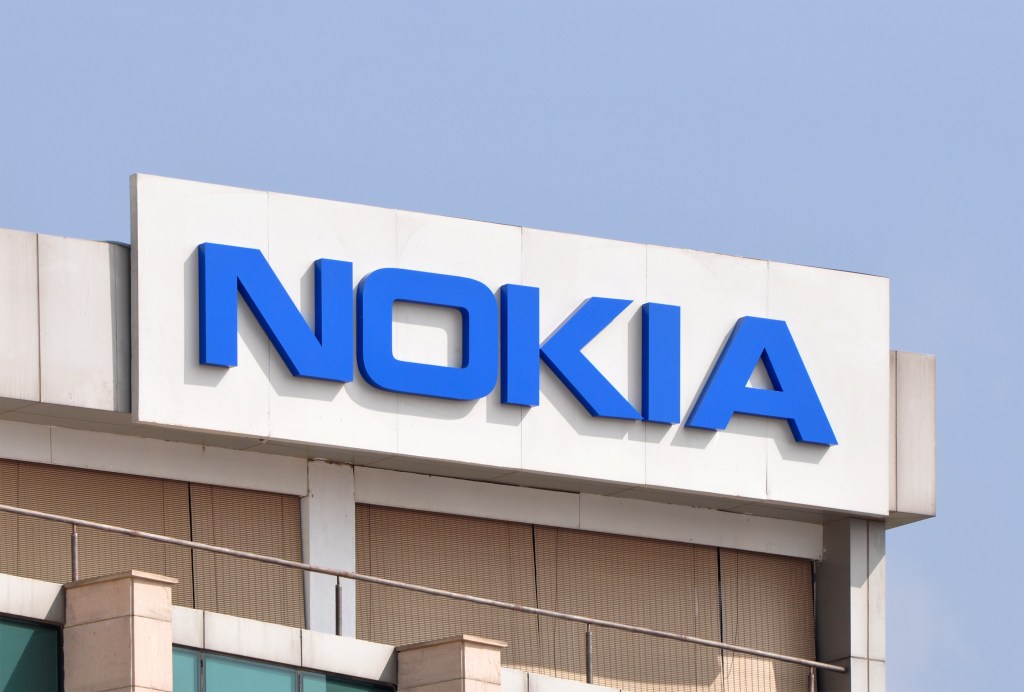Nokia, the once-mighty phone maker that eventually retreated to a business based around networking equipment and targeted verticals like health and imaging, is rethinking its business strategy once again. Today, the company announced that it would cease building its pricey OZO virtual reality cameras after finding that the VR market was developing “slower than expected”. It will instead shift its focus more to health products and patent licensing. Nokia Technologies is laying off up to 310 people as part of the move. Nokia Networks is unaffected.
The reductions will happen mainly in the U.S., U.K. and Finland, the company said, and account for about 35 percent of the 1,090 employees in Nokia Technologies, as the unit overseeing VR efforts (along with Health and licensing of patents) is called.
“Nokia Technologies is at a point where, with the right focus and investments, we can meaningfully grow our footprint in the digital health market, and we must seize that opportunity,” said Gregory Lee, president of Nokia Technologies in a statement. “While necessary, the changes will also affect our employees, and as a responsible company we are committed to providing the needed support to those affected.”
Nokia’s OZO VR cameras made their debut around 2015 at a time when Nokia looked like it had all but given up on hardware, after seeing its mobile phone business — once the biggest in the world — get decimated by the rise of Android and the iPhone and eventually sold off to Microsoft (which continued to wind it down after also failing to resuscitate it).
The company said that it will continue to support those who have already purchased devices.
Tapping into the growing interest in VR, the company doubled down on its imaging prowess — it was known to have some of the best camera technology in its smartphones, with the patents to underpin it — and went hell for leather into VR cameras.
Partly because of the tech involved, and partly because of the relative immaturity of the market, these cost a fortune, upwards of $60,000 when they finally started to ship, meaning that there was never going to be a mass market for the products, unless VR really took off.
In the end, it hasn’t — or at least not like Nokia thought that it would. With competitors making lower-priced equipment, one interesting turn has been how VR tech has made its way into more ordinary products, rather than developing on a specialist-equipment trajectory. (In the VR headset space, for example, that has meant headsets that let you use your own smartphone as the display screen.)
Nokia kick-started its digital health business about a year and a half ago with the €170 million ($200 million in today’s currency) purchase of French smart health gadget maker Withings, which had made a name for itself in activity trackers, smart scales, blood pressure monitors and other health and fitness devices. Nokia rebranded the services as Nokia earlier this year.
Patent licensing has been one of Nokia’s mainstays throughout a lot of its other ups and downs. Part of this is related to the company’s technology legacy, and part of this is still in progress of being built by way of Nokia Bell Labs.































Comment